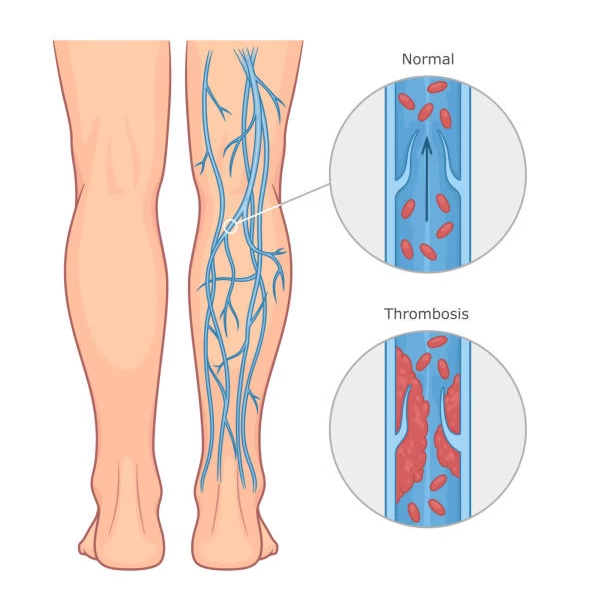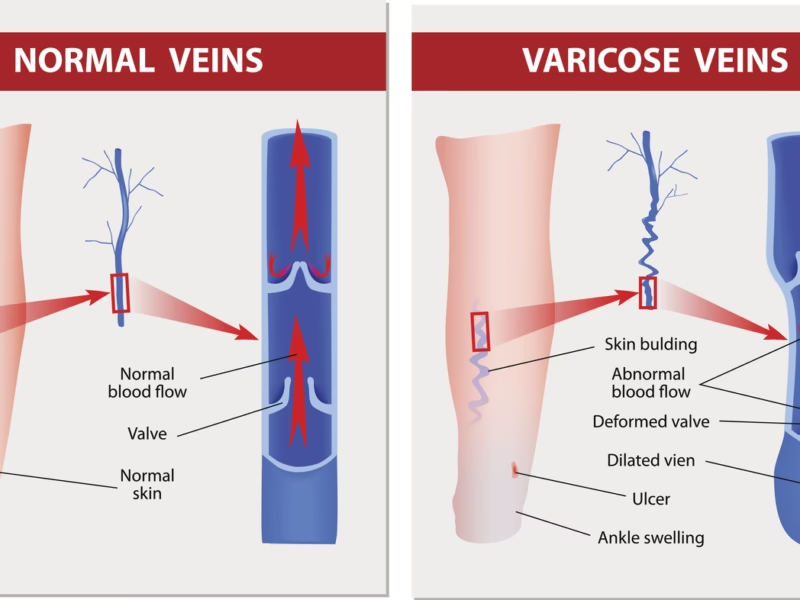A miscarriage is the spontaneous loss of a pregnancy before the 20th week. It’s a heartbreaking and often misunderstood experience that affects many women worldwide. Despite being relatively common—about 10-20% of known pregnancies end in miscarriage—it remains a topic surrounded by confusion and emotional distress.
Understanding the reason for miscarriage, recognizing the early miscarriage symptoms, knowing the risks, and learning about treatment and prevention methods can empower you with knowledge and support your reproductive health.
What Causes a Miscarriage?
Miscarriages can occur due to various factors, and often there isn’t a single clear cause. Here are some of the most common reasons for miscarriage:
-
Chromosomal Abnormalities
The most frequent cause of miscarriage is chromosomal abnormalities in the embryo. These genetic issues prevent the embryo from developing normally.
-
Hormonal Imbalances
Conditions such as polycystic ovary syndrome (PCOS) or thyroid disorders can disrupt hormone levels critical for pregnancy maintenance.
-
Uterine Abnormalities
Anatomical issues like a malformed uterus or uterine fibroids can hinder the embryo’s implantation and growth.
-
Infections
Certain infections, like listeria, toxoplasmosis, or sexually transmitted infections, can increase the risk of miscarriage.
-
Lifestyle Factors
Smoking, alcohol consumption, excessive caffeine intake, and drug use can negatively affect pregnancy and lead to miscarriage.
-
Chronic Conditions
Medical conditions such as uncontrolled diabetes, high blood pressure, or autoimmune disorders may contribute to miscarriage risk.
Early Miscarriage Symptoms to Watch For
Recognizing early miscarriage symptoms can help you seek timely medical advice. Common symptoms include:
- Vaginal Bleeding (often referred to as miscarriage bleeding): Light spotting to heavy bleeding, sometimes accompanied by clots.
- Lower Abdominal Pain or Cramping: Persistent or sharp pains in the pelvic region.
- Back Pain: Dull or sharp back pain not related to your normal menstrual cycle.
- Passing Tissue or Fluid: Expulsion of tissue from the vagina may indicate miscarriage.
- Decreased Pregnancy Symptoms: A sudden decrease in breast tenderness, nausea, or fatigue may be a warning sign.
If you experience any of these symptoms, especially with heavy bleeding or severe pain, consult a healthcare provider immediately.
Risks and Complications
Most miscarriages happen early in pregnancy and are not due to anything the mother did. However, repeated miscarriages (known as recurrent miscarriage) or late miscarriages may signal underlying health issues that need investigation.
Potential risks include:
- Infection if tissue remains in the uterus.
- Excessive bleeding requiring medical intervention.
- Emotional and psychological distress, including anxiety and depression.
Treatment Options
Treatment depends on the stage of the miscarriage and whether it completes naturally or not.
-
Expectant Management
In many cases, especially early miscarriages, the body expels the pregnancy naturally over days or weeks.
-
Medical Treatment
Medications like misoprostol may be prescribed to help the body expel the pregnancy tissue if a natural miscarriage is incomplete.
-
Surgical Treatment
A dilation and curettage (D&C) procedure may be necessary to remove remaining tissue to prevent infection and excessive bleeding.
Throughout the process, supportive care from healthcare providers is crucial to address both physical and emotional health.
Prevention Tips for Reducing Miscarriage Risk
While not all miscarriages are preventable, there are steps you can take to minimize your risk and promote a healthy pregnancy:
- Regular Prenatal Care: Early and regular check-ups help monitor your health and the pregnancy’s progress.
- Healthy Lifestyle Choices: Avoid smoking, alcohol, and illicit drugs. Limit caffeine intake.
- Manage Chronic Conditions: Properly manage diabetes, thyroid disorders, and other chronic illnesses with your doctor’s guidance.
- Maintain a Balanced Diet: Ensure proper intake of vitamins and minerals like folic acid, iron, and calcium.
- Reduce Stress: Practice mindfulness, meditation, and relaxation techniques to lower stress, which may impact pregnancy health.
- Exercise Moderately: Engage in regular, moderate physical activity unless advised otherwise by your healthcare provider.
Final Thoughts
Experiencing a miscarriage can be emotionally and physically overwhelming. Understanding the reasons for miscarriage, recognizing early miscarriage symptoms, and learning about treatment options provide clarity during difficult times. Practicing preventive measures and maintaining open communication with healthcare providers improves your chances of a healthy pregnancy in the future.
Knowledge empowers you not only to manage risks but also to care for your body and mind compassionately as you navigate reproductive health.


